When it comes to owning property, one of the most important decisions you’ll make is choosing between freehold and leasehold ownership. These two distinct property ownership types have their unique sets of advantages and disadvantages. Understanding these concepts is crucial for making well-informed decisions that align with your investment goals and preferences. Join us on a journey through the intricacies of freehold vs leasehold ownership to unlock the full potential of Bali’s real estate offerings.
Owning Property in Bali
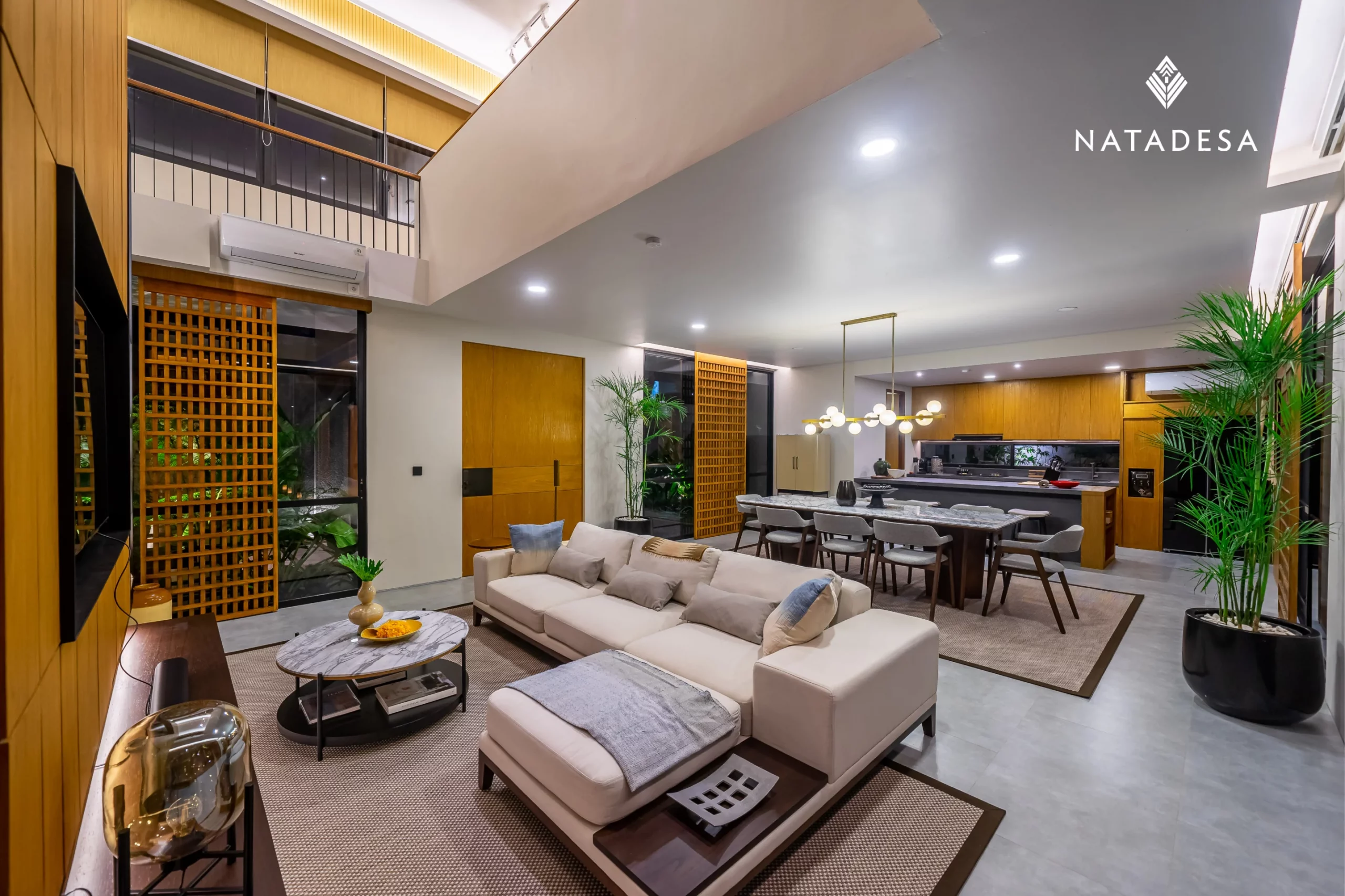

Before diving into the specifics of freehold vs leasehold ownership, it’s essential to note that property ownership rules can vary from one country to another. In Bali, Indonesia, for instance, there are specific regulations governing foreign ownership of property. Understanding these rules is crucial if you’re considering investing in Balinese real estate.
If you’re imagining Bali not just as a holiday escape but as a potential second home or a remarkable property investment, let us introduce you to Natadesa Resort Residence. Located in the heart of Jimbaran Hijau, Natadesa offers a unique blend of contemporary luxury and traditional charm. These thoughtfully designed homes harmoniously integrate with Bali’s natural beauty and its rich traditional culture, providing spacious living areas, private gardens, a private pool, and a semi-open bathroom.
But that’s not all—Natadesa goes beyond the ordinary with its world-class amenities. From a skateboard park, jungle play, and go-karts to a jet bike park, children’s playground, co-working space, art space, and the Jimbaran Hub, the offerings are diverse. These facilities provide an array of experiences for you and your family, creating unforgettable moments of joy.
So, whether you see Natadesa Resort Residence as your second home or an outstanding property investment, it beckons you to indulge in the distinct and fulfilling lifestyle that Bali has to offer. We encourage you to visit our show units to fully grasp what makes Natadesa an unrivaled choice in Balinese living as well as to see the potential of Natadesa for yourself.
Now, let’s delve into the nuances of freehold vs leasehold ownership to guide you in making the best decision for your Balinese property venture.
Freehold
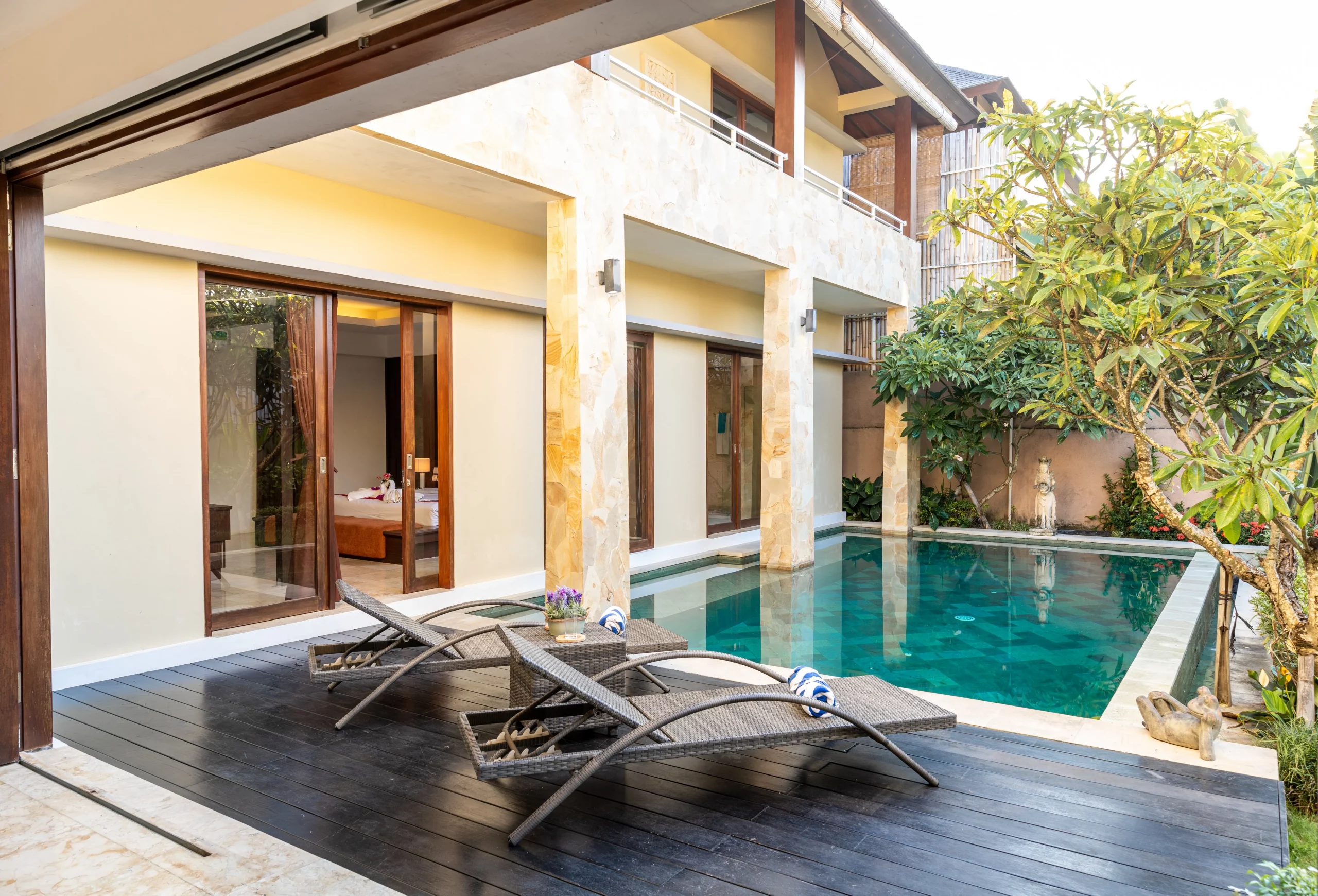

Freehold ownership stands as the most comprehensive and enduring form of property ownership. When you possess a freehold property, you are not just a temporary leaseholder; rather, you own the property and the land it stands on outright. This implies an indefinite ownership period, giving you and your descendants the right to hold the property for an unlimited duration.
Let’s explore some of the advantages and disadvantages of freehold ownership in Bali.
Pros
-
Absolute Ownership
With freehold ownership in Bali, you’re granted complete control over your property. This means you have the freedom to use, modify, lease, or sell your property exactly as you wish, offering an unparalleled level of autonomy.
-
Permanence Investment
One of the most compelling aspects of freehold ownership is its permanence. Owning a property freehold means you possess it indefinitely, with no time constraints. This enduring ownership not only provides a sense of security but also peace of mind for investors. It means you can pass your property down to your heirs or sell it freely, ensuring long-term stability and control over your investment.
-
Appreciation
Over time, freehold properties in Bali tend to increase in value. This potential for appreciation makes them a particularly appealing choice for those seeking to grow their wealth through the real estate market. With Bali’s ever-growing popularity as a destination, investing in a freehold property here could be a savvy financial move.
Cons
-
Higher Initial Investment
It’s important to note that freehold properties in Bali typically command a higher upfront cost compared to leasehold properties. This increased initial investment can be a significant hurdle for some potential buyers, especially those working within a tighter budget.
-
Maintenance Responsibility
Owning a freehold property means you’re solely responsible for all aspects of its maintenance and upkeep. This responsibility can be quite a commitment, both in terms of time and finances. Regular maintenance is crucial to preserve the property’s value, but it can also add up to a considerable expense over time.
-
Restrictions for Foreigners
An important consideration for international investors is that, under Indonesian law, foreigners are not permitted to own freehold property directly. This legal constraint can be a major drawback for expats or international investors interested in the Balinese property market. Alternative arrangements, such as forming a partnership with a local entity or opting for a leasehold, often need to be considered.
Leasehold
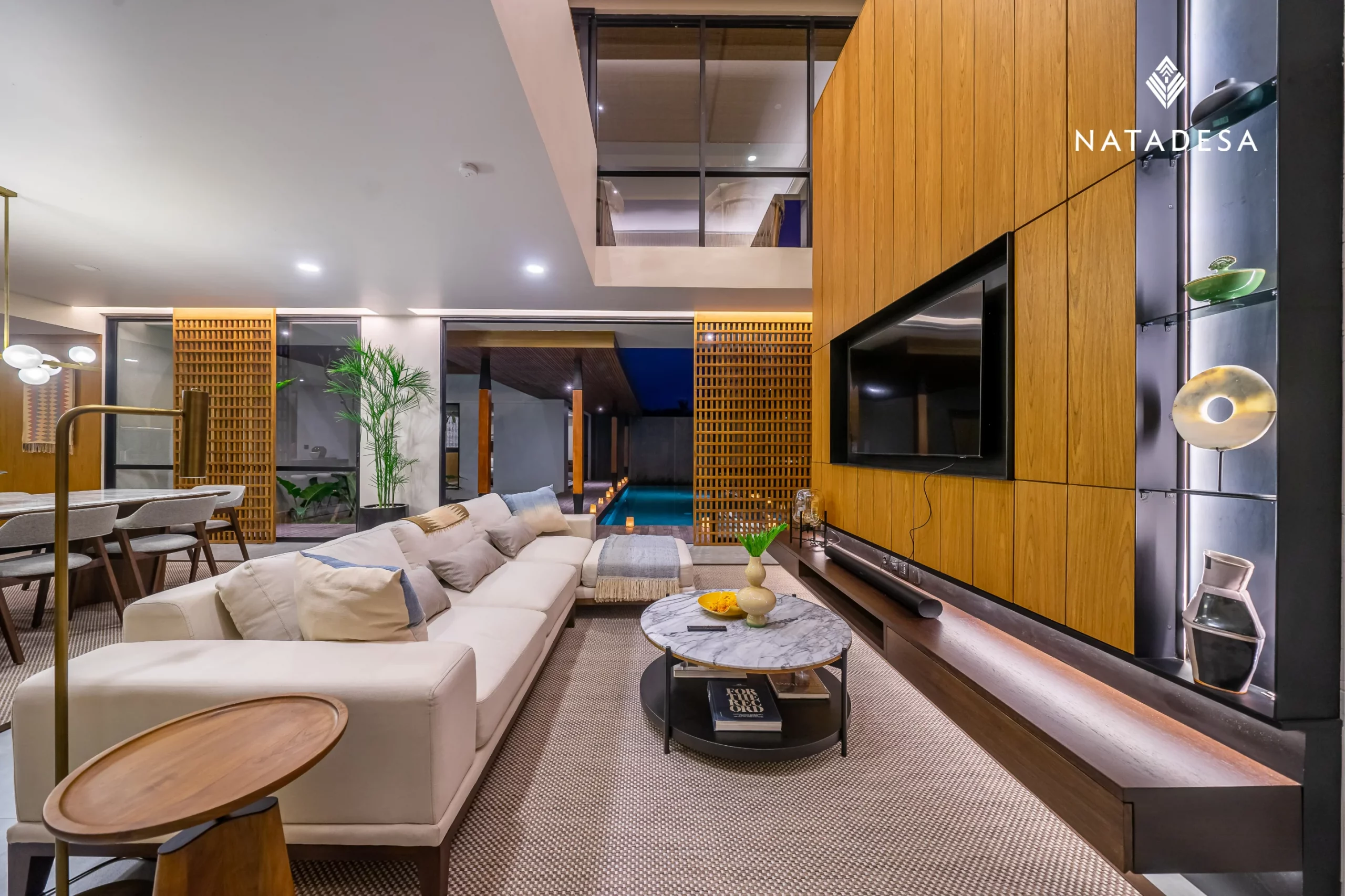

Leasehold, on the other hand, offers an alternative avenue for those looking to invest in Bali. This arrangement provides the right to use the property for a predetermined period, typically spanning decades. Leasehold agreements frequently include the advantage of pre-negotiated extensions, offering investors a level of long-term security. This enables them to relish the property for an extended duration without the initial costs associated with freehold ownership.
Now, let’s delve into some pros and cons of leasehold ownership.
Pros
-
Affordability
One of the standout advantages of leasehold properties is their affordability. The initial purchase price is generally lower than that of freehold properties, making them more accessible to a wider range of buyers. This affordability is a key factor for many, especially those who are entering the property market for the first time or have a limited budget.
-
Fixed Term Clarity
Leasehold agreements come with a set duration, which provides clear and definite terms for your ownership. This fixed term can be particularly beneficial for those who have specific plans or timelines for their stay in Bali. It provides certainty and clarity, allowing owners to plan ahead without the long-term commitment that freehold ownership entails.
-
Shared Maintenance
In many leasehold setups, the responsibility for maintenance and upkeep costs is shared among all the leaseholders. This arrangement can lead to a significant reduction in the financial burden for individual owners, making it a practical choice for those who prefer not to bear the entire cost of property upkeep.
-
Accessible to Foreigners
An important advantage for international buyers is the accessibility of leasehold properties in Bali to foreigners. This is a major draw, as it enables expats and international investors to own property in this desirable location, something that is notably restricted with freehold properties. Under a leasehold agreement, foreigners have the opportunity to utilize real estate for an initial period of up to 25 years, with the option to extend it for a further 25 years. The legal allowance for foreigners to acquire leasehold property opens up the vibrant Balinese real estate market to a global audience, offering a unique opportunity to be part of this thriving community.
Cons
-
Restricted Autonomy
One of the drawbacks of leasehold ownership is the limited control you have over the property. Your ability to use and modify the property is bound by the terms and conditions laid out in the lease agreement. This can mean less freedom compared to freehold ownership, where such restrictions are typically absent. For those who value complete autonomy over their property, this can be a significant consideration.
-
Future Uncertainty
Another aspect to bear in mind with leasehold properties is the element of uncertainty at the end of the lease term. When the lease expires, the property often reverts back to the landowner, or you might need to enter into negotiations to extend the lease. This creates a level of uncertainty about the future, particularly regarding long-term planning and investment in the property. It’s a stark contrast to the indefinite ownership that comes with freeholding, where such concerns are not applicable.
Conclusion
The choice between freehold vs leasehold ultimately depends on individual preferences, financial considerations, and long-term goals. Freehold offers the assurance of perpetual ownership and greater freedom in property use, but it comes with a higher initial investment. On the other hand, leasehold, with its lower entry costs, provides a viable alternative for those seeking affordability and flexibility within a specified timeframe.
For those prioritizing long-term stability and the ability to pass down a property through generations, freehold might be the preferred choice. However, leasehold caters to those looking for a more accessible entry into the Bali property market with the flexibility to adapt their investment strategy over time.
In summary, there is no one-size-fits-all answer to whether freehold vs leasehold is better. Both ownership types have their merits, and the choice should be made based on your specific needs and preferences. Whether you opt for the enduring security of freehold or the flexibility of leasehold, Bali’s real estate market offers a spectrum of opportunities for investors to create their own piece of paradise.


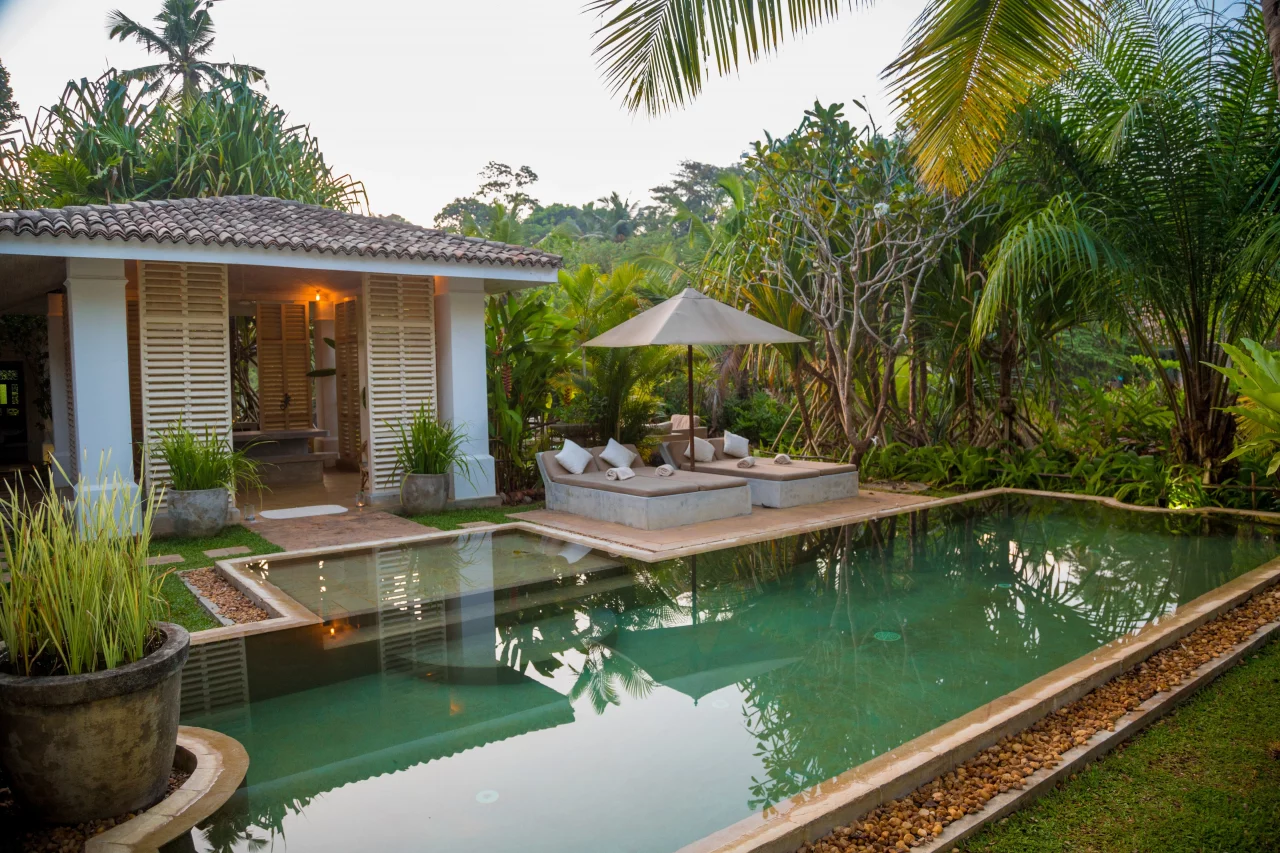

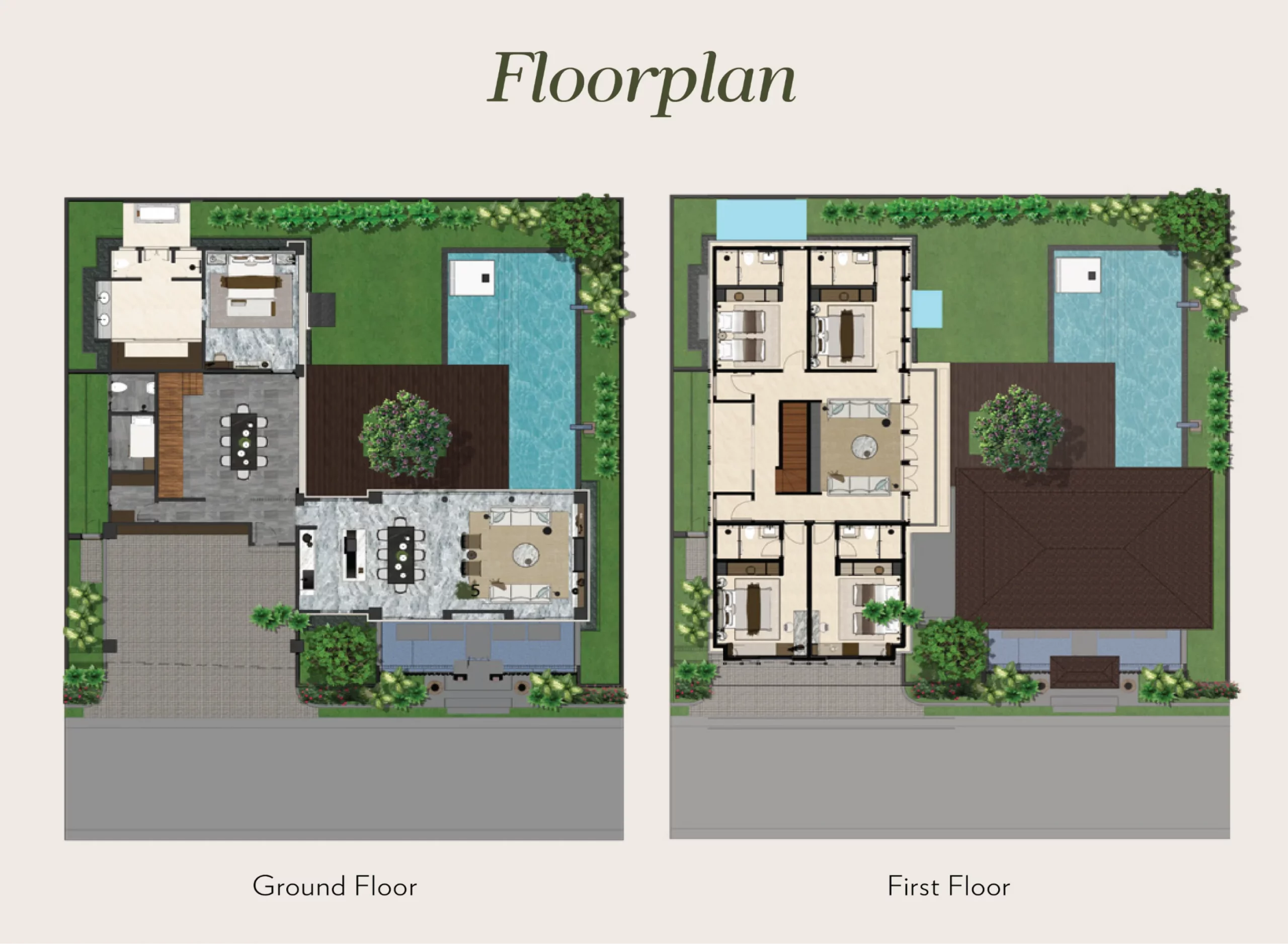
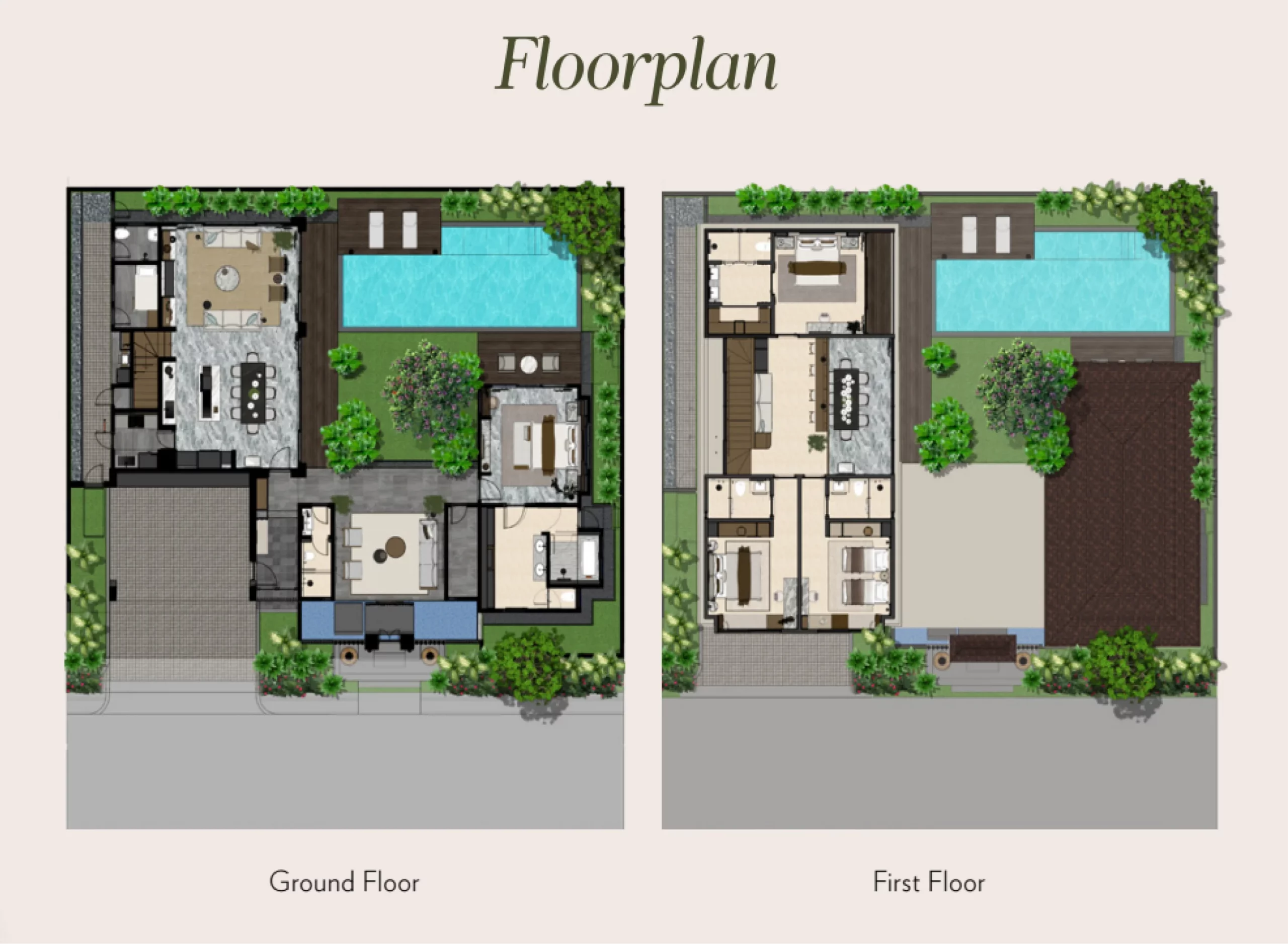
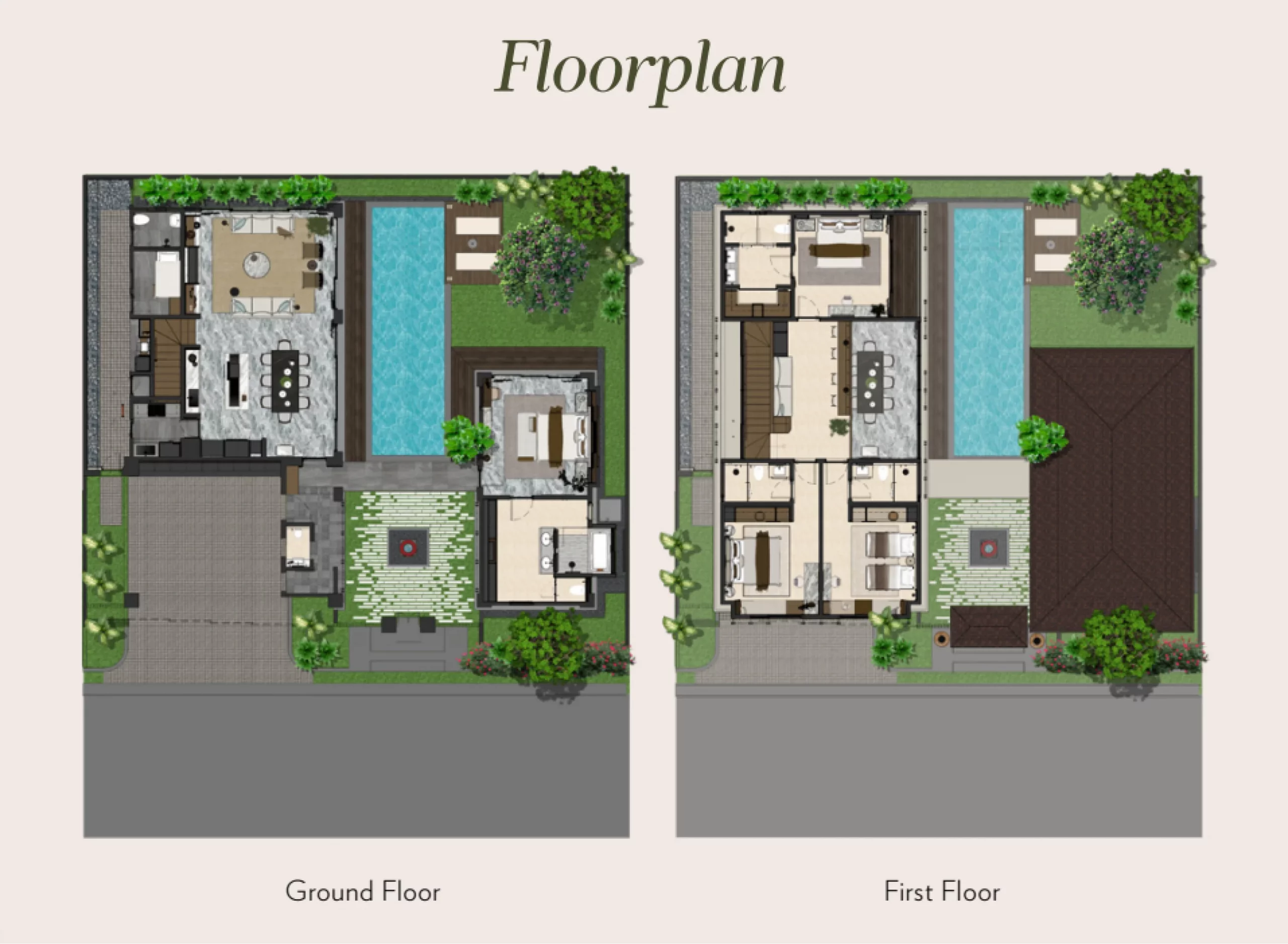

4 comments
smortergiremal
October 9, 2024 at 10:17 pm
I gotta favorite this internet site it seems very useful invaluable
Dana Ponting
October 13, 2024 at 2:08 am
Great line up. We will be linking to this great article on our site. Keep up the good writing.
liputan online
November 16, 2024 at 6:57 pm
I went over this website and I believe you have a lot of good information, saved to fav (:.
Owehems
November 18, 2024 at 3:22 pm
priligy dapoxetine 30mg RNAi mediated depletion of DNMBP resulted in modified assembly pattern of junctional F actin and E cadherin